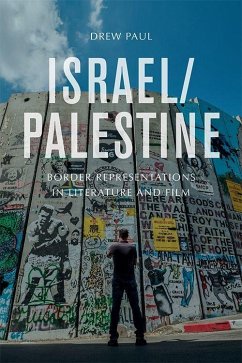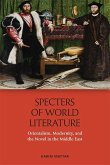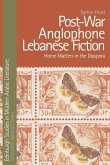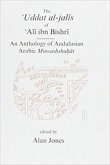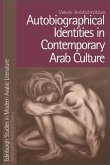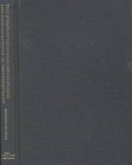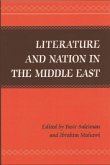'Israel/Palestine offers an important contribution to the ever-growing literature on borders and border cultures. Focusing on Israeli and Palestinian cinematic and literary representations of borders, Paul revisits the figure of the border both as a physical device of immense and grave consequences, and as a fictional site of collective imagination open to destabilisation. Exploring this double nature of the border, this wellwritten and insightful book manages to advance a much-needed cultural and political perspective; at once sober and optimistic!' Gil Z. Hochberg, Ransford Professor of Hebrew, Columbia University, New York EXPLORES HOW THE EXPANSION OF BORDER SPACES SHAPED CONTEMPORARY PALESTINIAN AND ISRAELI LITERATURE AND FILM Since the early 1990s, Israel has greatly expanded a system of checkpoints, walls and other barriers in the West Bank and Gaza that restrict Palestinian movement. Israel/Palestine examines how authors and filmmakers have grappled with the spread of these borders. Focusing on the works of Elia Suleiman, Raba¿i al-Madhoun, Ghassan Kanafani, Sami Michael and Sayed Kashua, it traces how political engagement in literature and film has shifted away from previously common paradigms of resistance and coexistence and has become reorganised around these now ubiquitous physical barriers. Depictions of these borders interrogate the notion that such spaces are impenetrable and unbreakable, imagine distinct forms of protest, and redefine the relationship between cultural production and political engagement. DREW PAUL is Assistant Professor of Arabic at the University of Tennessee, Knoxville, where he is chair of the Arabic and Hebrew programs, and core faculty in Middle East Studies and Cinema Studies. His research interests include issues of space, borders, mobility and sexuality.
